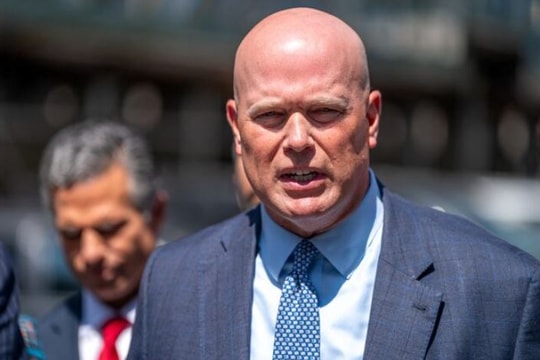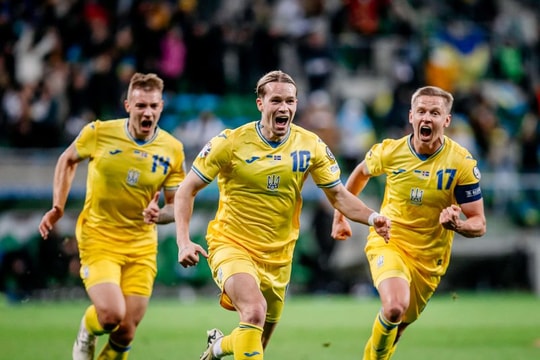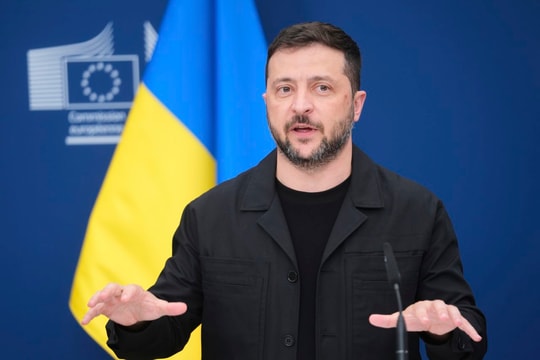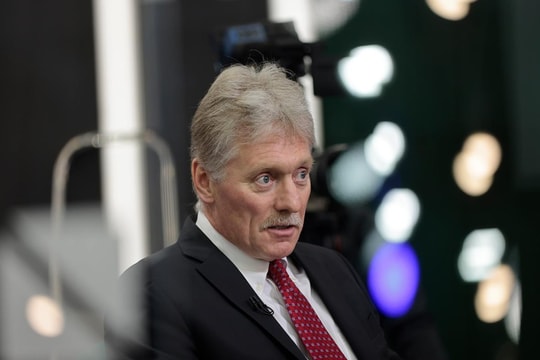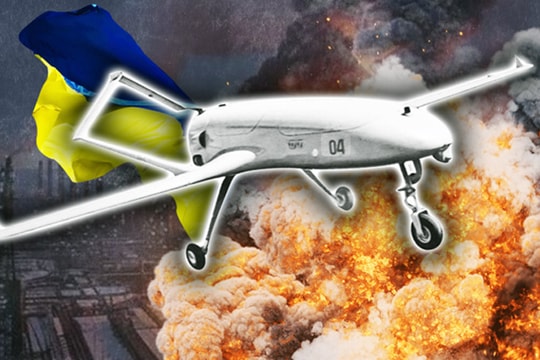Defining victory in Ukraine causes growing rift within the West
The West's unclear goals and differing views on the conflict in Ukraine have created inevitable and deepening rifts.
US President Joe Biden made a surprise visit to Kiev and met with President Volodymyr Zelensky on February 20 to emphasize Washington's strong support for Ukraine in its conflict with Russia. The Ukrainian Defense Ministry said Biden's presence sent a direct message to President Putin. A day later, February 21, outside the Royal Castle in Warsaw, Poland, the US leader once again vowed to stand by Ukraine.
However, in his speech in Warsaw, Mr. Biden only continued to clarify that the conflict in Ukraine is a defensive effort, without defining what needs to be done to bring victory to Kiev.
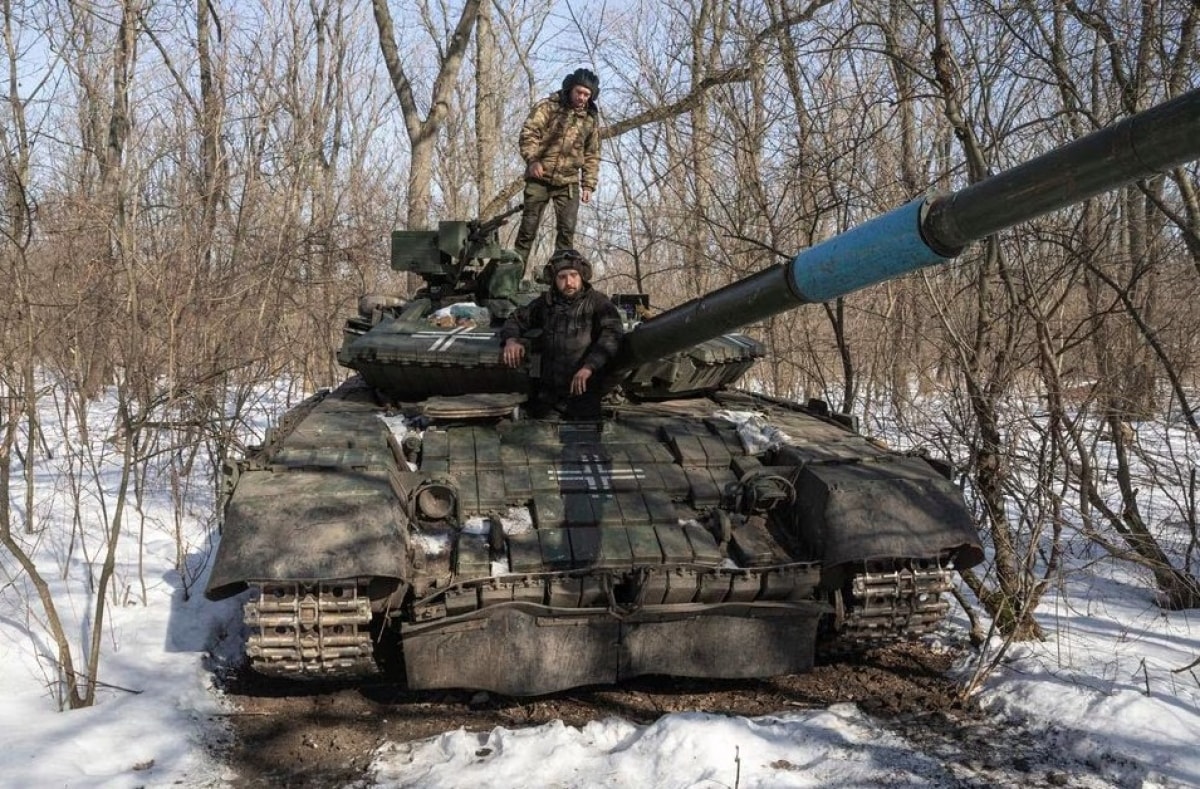 |
Ukrainian soldiers drive a T-64 tank near Bakhmut in the Donetsk region on February 23. Photo: Reuters |
According to observers Mark Toth and Jonathan Sweet on The Hill, maintaining existence is not winning and this will be a long conflict. These observers believe that President Biden is talking about a conflict but not talking about winning and behind that there are his own reasons.
Observers Mark Toth and Jonathan Sweet commented that the Biden administration’s reluctance to use the word “victory” is due to concerns within the US national security team about what would happen if Russia lost. Moscow has repeatedly warned that it would use all available means, including nuclear weapons, to protect its territory and people. However, so far, the Kremlin has shown no signs of directly using its nuclear arsenal.
The West's unclear goals and differing views on the conflict in Ukraine have created inevitable and deepening rifts.
Hungarian Prime Minister Viktor Orban continues to block EU aid packages for Ukraine, criticizing these countries for "prolonging the conflict in Ukraine" and even saying: "This is Kiev's conflict, not ours."
Meanwhile, Turkish President Recep Tayyip Erdoğan has his own approach to achieving his interests. Erdogan has made NATO membership conditional on Finland and Sweden. The Turkish leader has also encouraged Russia to turn Turkey into a global gas hub for Moscow’s future natural gas pipeline across the Black Sea.
Even Croatia, a small Mediterranean country - a NATO member - also opposes the West's continued supply of weapons to Ukraine.
There appear to be rifts between the “old NATO” countries – France, Germany and the UK – and the “new NATO” countries – Estonia, Latvia, Lithuania, Poland and Romania – over the outcome of the conflict in Ukraine. One side appears to favour a negotiated settlement while the other wants to defeat Russia.
Recently, Lithuanian President Gitanas Nauseda urged Western countries to abandon all restrictions on military assistance and quickly provide Kiev with the weapons it needs in its conflict with Russia.
Retired US Army General Barry McCaffrey warned that Ukraine "lacks the armor and deep strike weapons to hold out" in the long term, and said that Kiev's defeat could be a realistic possibility.
According to former US Army Commander in Europe - retired Lieutenant General Ben Hodges, the key to victory lies in Crimea. He called this "decisive territory"./.
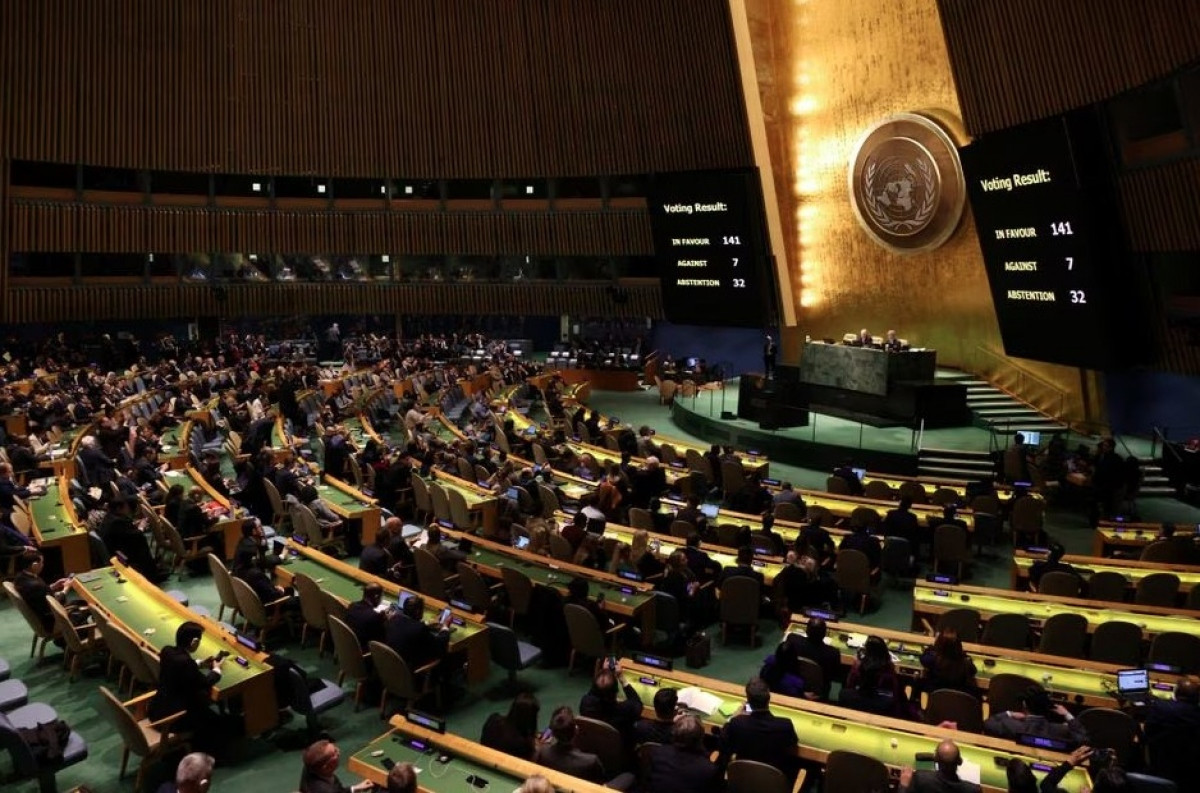
UN passes resolution calling for end to Russia-Ukraine conflict
24/02/2023

